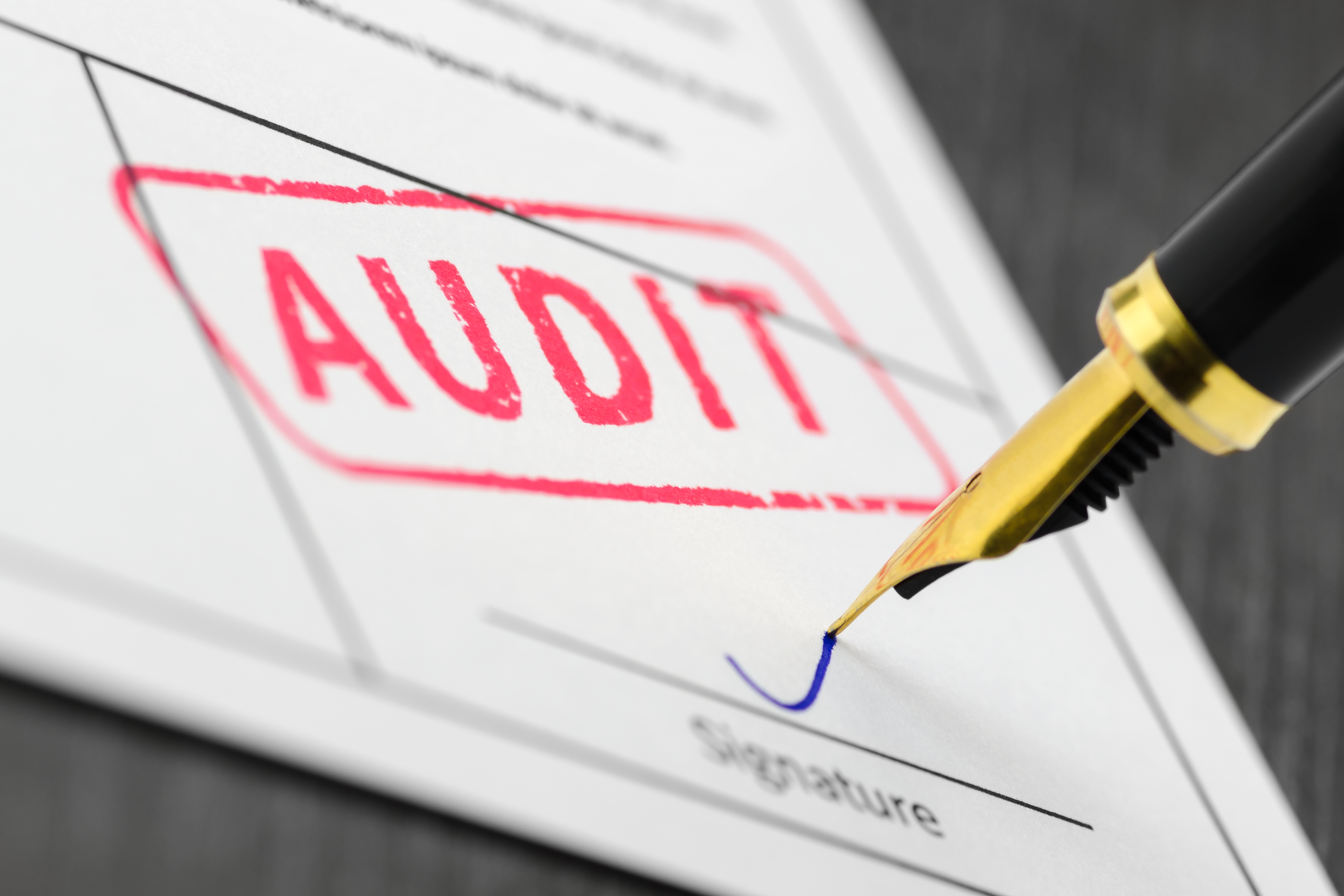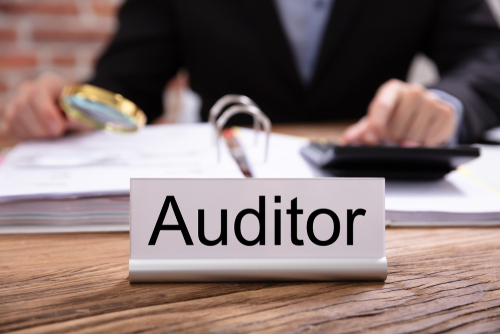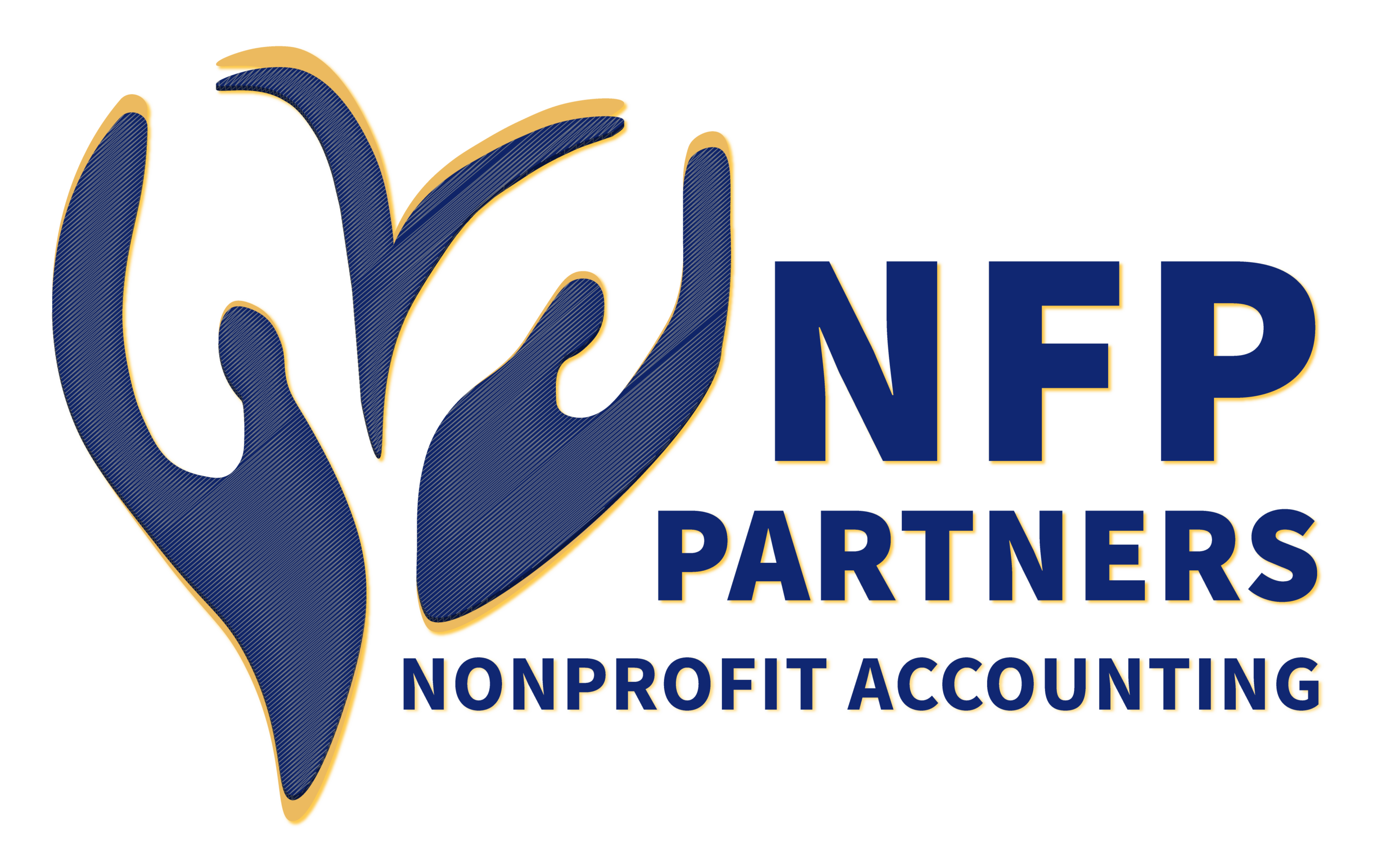How to Make Sure Your Auditor Loves You

Most nonprofit organizations require an annual audit by a CPA. Smaller organizations can get by with what is called a review – or an “audit light.” For personnel who work in the accounting department, it’s too often anxiety time.
Relax, if you are routinely generating financial statements that are accurate, timely, and relevant to the various stakeholders, an audit can be an event to look forward to. It will affirm your worthiness and set-up high-fives all around. It will also ensure your financials are where they should be, as detailed in Accounting Today’s article, Are the Numbers Right?
If, as a nonprofit, your financial reporting falls short of five stars (i.e., a clean audit), don’t despair; you will know what must be done to get there next year.
Tips to ensure a smooth audit for your nonprofit

Understand the purpose of your nonprofit's audit
A nonprofit audit is designed to ensure financial reports are “reasonably accurate” while presenting the information in agreement with Generally Accepted Accounting Principles (GAAP). Here are a few things to keep in mind.
First, auditors only review the financial statements that you create internally. They conduct various tests and confirmations to reach an opinion on their fairness and accuracy.
Also, there’s a common misconception that audits are designed to seek out fraud. Auditors perform special-purpose forensic audit designed for that purpose, but not as part of the regular audit. If they fortuitously find it, of course, they are obligated to report it to management and the Board.
An important part of your nonprofit’s audit is a review of the system of internal controls. A weak system puts the organization at risk of fraud or inadvertent loss of assets and could result in a qualified opinion. NFP Partners has discussed how your nonprofit can develop strong internal controls in a separate article, Internal Controls Made Easy for Nonprofit CEOs.

Prepare and organize your nonprofit's audit files
One important preliminary step is to open communications with your auditor. Request a list of documents they will need access to as well as what their preference is for the presentation of those materials. Should items be electronic (original format or pdf) or hardcopy? Is there an electronic file system where documents can be shared with them?
As with anything, preparation is key to a successful audit. An important element for success is to ensure your records are complete, accurate, up to date, and organized. This will significantly reduce the stress level of the staff during the audit.
Another helpful tip is to place all documents, or links to documents, provided to the auditor in one location on your network drive or an accessible file share in the cloud. This organizational step ensures you never have to search for what exactly you provided to the auditor (this year, last year, or next year).
Lastly, ensure that bank accounts, asset, liability, and equity accounts have reconciled schedules as well as the appropriate backup.
BONUS POINTS: Index the items you provide the auditors to match the numbering in the prepared-by-client listing.
This will reduce the number of questions from the auditor regarding where items are. It will also make it easier for you to do your own check compared to the prepared-by-client listing to determine your own readiness for the audit.
Know what reports auditors will request and review them
It is important to organize these files so they are readily available when requested. Also, take time to fully review the reports each month (or quarterly at a minimum) for audit readiness.
Review the general ledger with a fine-tooth comb and make changes. Further, don’t wait until year-end to find you have not reversed last year’s accrual entries. Review Board meeting minutes to ensure that any changes approved by the Board have been incorporated and the policies and procedures reflect the change.
Below is a list of the most popular reports requested from auditors. For more on these reports and more, visit Nonprofit Accounting Reports and What to do With Them.
- General ledger
- Trial balance
- Financial statements
- Copies of loans, leases, and material contracts
- Listing of all new fixed asset purchases with invoices
- Depreciation schedule
- Board minutes for all years under audit and through the current date
- Payroll reports, if any
- Names and contact information for any attorneys
- Articles of incorporation and by-laws
- Listing of all bank accounts, including bank name, account number, and authorized signers
- Think like an auditor
Since auditors express an opinion on the broad financial statements, most of the detailed schedules they request are merely items your nonprofit should have as part of its normal accounting procedures.
The main objectives of a nonprofit audit
Welcome the auditors
Your nonprofit should know when they will be arriving in the office and how many people they will be bringing. This information allows you to prepare a space for them to work. Don’t forget to provide internet access and a telephone.
Often, the first day of an audit is spent finding a place for them to sit and ensuring they have the access they need. By preparing, you can avoid wasting your time as well as theirs. Ideally find a location that is private and can accommodate all the auditors, their computers, paperwork, etc.
Take the time to show them the office layout including bathrooms, printers, kitchen to keep lunch or snacks, and office supplies. Also, introduce them to the accounting team and anyone else they may need to work with and don’t forget the receptionist as that person may need to let them into the office every day.
Some employees dread the annual audit, but there’s really no reason to view your nonprofit’s annual audit in a negative light. In fact, an annual audit is an irreplaceable tool to ensure that your financial house is in order. It should give you confidence in the strength of your financial systems.
Being prepared for the annual audit will not only assist the auditors, but it will also ensure that you have a better understanding of your job and increase your value to your nonprofit. By working together, you and the auditors are more likely to discover ways to improve efficiency and minimize errors.
If you have additional questions about your nonprofit’s audit, contact us today. For more helpful articles on nonprofit financial management, click here.
